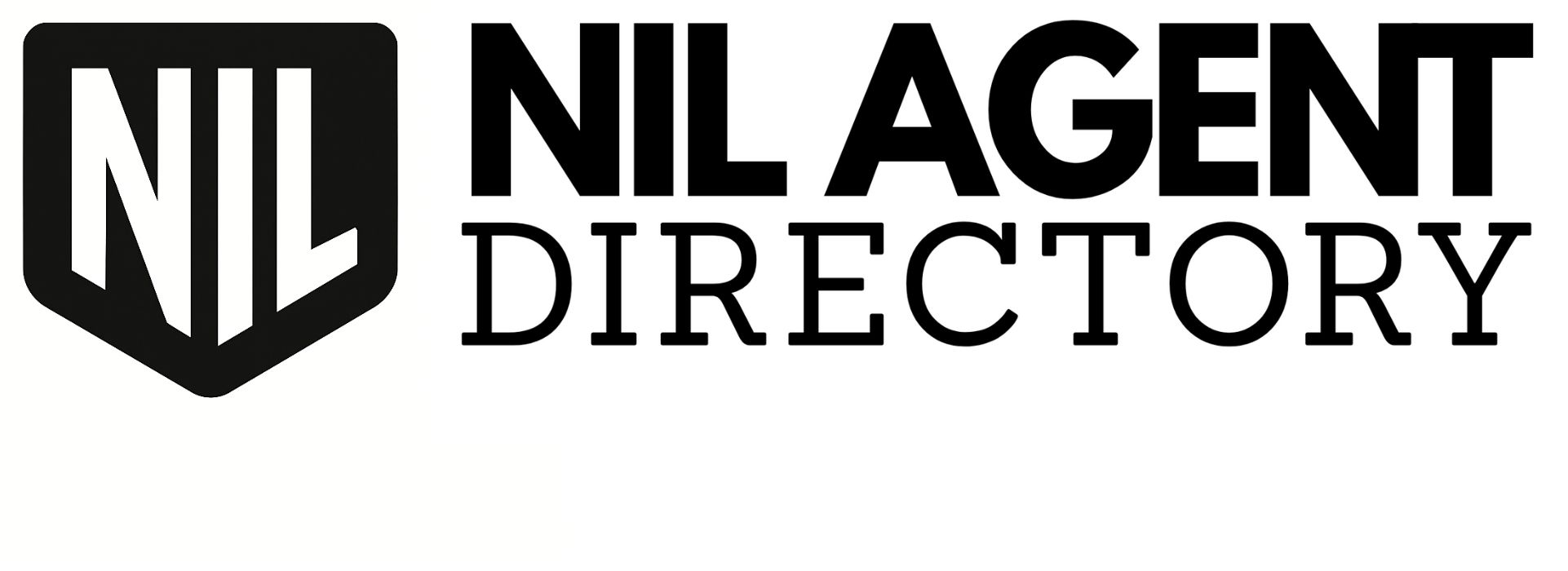Parents and Agents: How to Work Together for Your Best Interests
A Guide for Student-Athletes Navigating NIL With Support and Strategy
Brought to you by NILAgentDirectory.com
When it comes to NIL (Name, Image, and Likeness) decisions, one thing is clear: you can’t go it alone. Behind every successful student-athlete is a circle of support—and for many, that includes both a parent and a professional agent.
But what happens when those two key figures—your family and your future rep—don’t see eye to eye?
This guide helps student-athletes strike the right balance between family input and professional guidance. Learn how to involve your parents without giving up your voice, how to choose an agent who respects your team dynamic, and how to make decisions that reflect your goals, values, and long-term brand.
Why Parents Matter in the NIL Process
Whether you’re 17 or 21, NIL introduces business, money, contracts, taxes, and image rights into your life—fast. Parents can help:
- Offer wisdom and emotional grounding during decision-making
- Spot red flags in contracts or relationships
- Provide logistical support (scheduling, finances, compliance forms)
- Help you manage stress, pressure, and time
- Serve as a sounding board when deals are presented
- Protect you from scams, manipulation, or premature commitments
Parents bring life experience and unfiltered care. A good agent should recognize that—and welcome their involvement.
Why the Right Agent Should Embrace the Parent-Athlete Dynamic
An agent who’s confident, qualified, and truly professional won’t be intimidated by a parent’s questions. In fact, the best agents prefer it when families are engaged and educated.
Good agents:
- Encourage open dialogue with parents and guardians
- Include parents in meetings, calls, and presentations
- Are patient with questions and take time to explain industry terms
- Help the family feel confident—not confused—about next steps
- Understand cultural, financial, and family dynamics
- Never pressure the athlete to “ditch” their parents or go behind their backs
If an agent acts secretive, dismissive, or aggressive toward your family, that’s a red flag.
Healthy Roles: What Each Party Should Bring to the Table
To create a successful working relationship, clarity of roles is key.
The Student-Athlete’s Role:
- Be the primary decision-maker (you sign the deals, your name is on the contract)
- Stay involved in conversations—don’t just “hand it off” to your parents
- Speak up about what matters to you: your values, brand, goals, and limits
- Ask questions, stay curious, and advocate for your future
The Parent’s Role:
- Support your child without controlling them
- Help interpret contracts and flag concerns—but let the athlete lead
- Ask tough questions of the agent (fees, services, red flags) with respect
- Provide logistical and emotional support without micromanaging
The Agent’s Role:
- Serve as a professional guide and educator—not a power figure
- Communicate clearly and consistently with both the athlete and parent(s)
- Offer transparency about fees, deliverables, and brand strategy
- Respect family input while empowering the athlete to lead decisions
When these three roles work in harmony, NIL becomes a growth experience—not just a revenue stream.
Common Family-Agent Tensions—and How to Handle Them
Scenario 1: The parent wants control, but the athlete wants independence.
Solution: Involve the parent in early vetting, contract reviews, and agent meetings—but have clear boundaries. The athlete should always sign the deal and communicate their own preferences.
Scenario 2: The athlete is trusting and excited, but the parent is skeptical.
Solution: Use that healthy skepticism to ask more questions. Let the parent slow things down while the athlete stays open. The right agent will be patient with both.
Scenario 3: The agent seems annoyed with the parent’s questions.
Solution: That’s a red flag. You’re not just hiring skill—you’re hiring professionalism. Agents who lack patience or transparency should be avoided.
Scenario 4: A parent wants to be the agent.
Solution: This can work if the parent has legal, business, or branding experience—and is willing to learn fast. But mixing roles without clear lines can create tension. Consider hiring a professional agent and keeping the parent involved as an advisor.
Questions Parents Should Feel Empowered to Ask Agents
- How long have you worked with student-athletes in NIL?
- What’s your fee structure, and how is it calculated?
- Will you take commission on deals my child brings in themselves?
- What is your plan for growing my child’s brand and protecting their reputation?
- How will you communicate with us—and how often?
- Are you familiar with NCAA and university-specific NIL rules?
- What happens if we want to terminate the agreement early?
- Who else will be working with my child? Is it just you or a team?
If an agent avoids or deflects these questions, it’s a sign to keep looking.
Red Flags to Watch For as a Family
- High-pressure tactics (“Sign today or you’ll lose the deal”)
- Vague contracts with unclear terms
- Requests for upfront cash with no clear deliverables
- Agents who cut parents out of the process
- Promises that sound too good to be true
- No background, references, or testimonials
A good NIL deal should feel exciting, clear, and fair. If it doesn’t—hit pause.
Tips for Athletes: How to Balance Parental Support and Personal Agency
- Keep your parents in the loop, even if you’re confident
- Let them review contracts—but discuss what you want too
- Be honest if you feel rushed or confused
- Don’t be afraid to say: “Can we take a day to talk about this as a family?”
- Remember: you sign the deal, and you live with the consequences
Mature NIL athletes don’t block out their families—they collaborate with them.
How NILAgentDirectory.com Helps Families and Athletes Work Smarter
We designed NILAgentDirectory.com with transparency in mind. Our platform gives both athletes and parents the tools to:
- Browse verified NIL agents with clear credentials and service lists
- Read honest athlete reviews and testimonials
- Access educational resources to understand contracts, red flags, and NIL rights
- Use a vetting checklist to compare agents side-by-side
- Reach out to agents on your terms—no pressure, no obligation
We also encourage parents to join the process. The more informed your team is, the stronger your results will be.
Final Thought: It’s a Partnership, Not a Power Struggle
Parents want what’s best. Agents (the good ones) want to help. Athletes are at the center of it all.
The best NIL success stories happen when all three roles are respected, heard, and aligned. When agents see family as allies—not obstacles—and parents support without controlling, the athlete is empowered to build a career that’s not only profitable but also protected.
Explore trusted NIL agents and get the tools you need to work as a team at
www.NILAgentDirectory.com
Because your family and your future shouldn’t be in conflict—they should be in sync.



